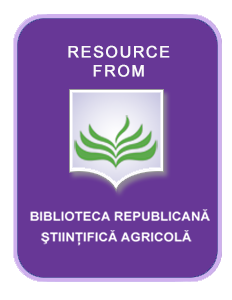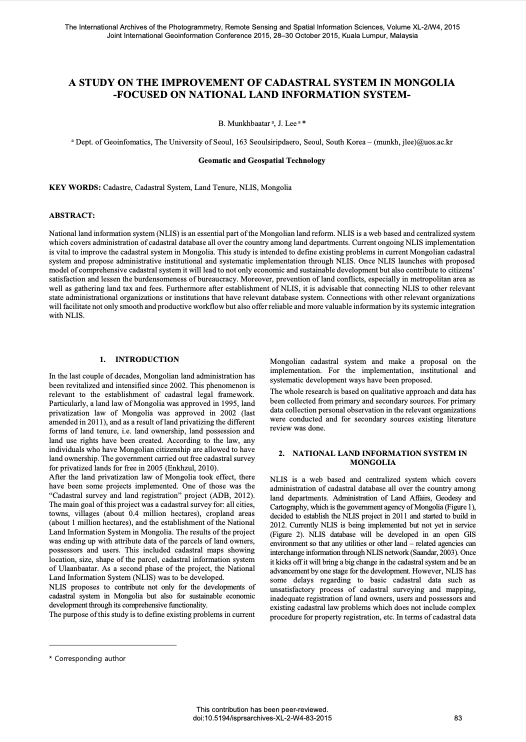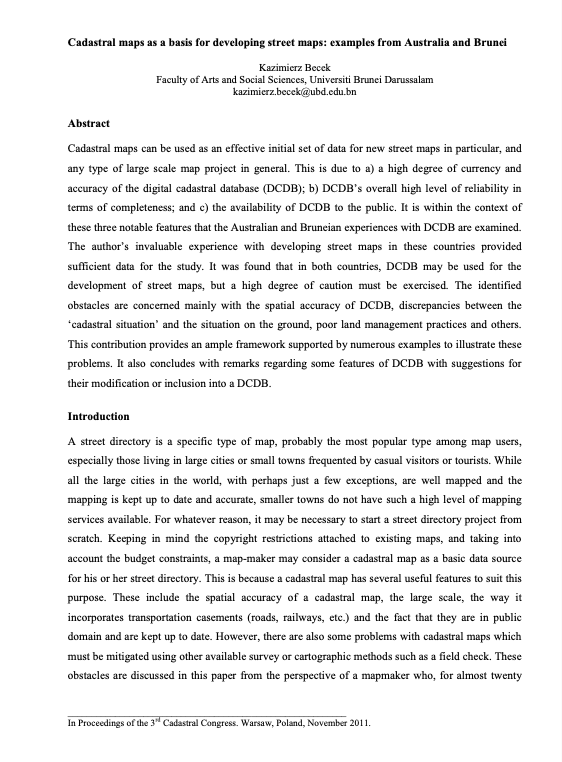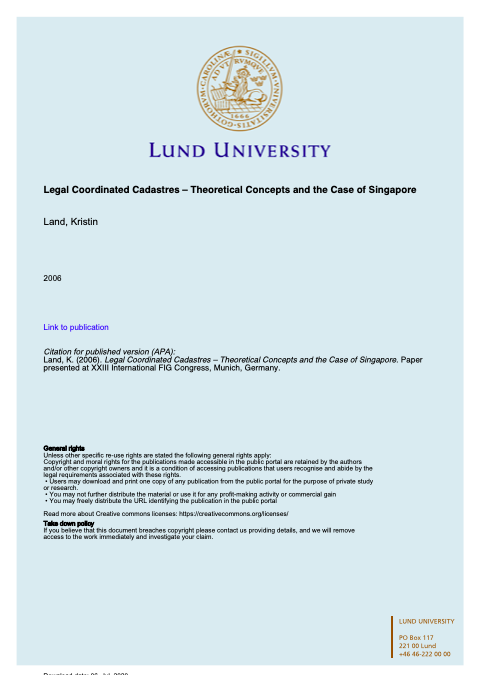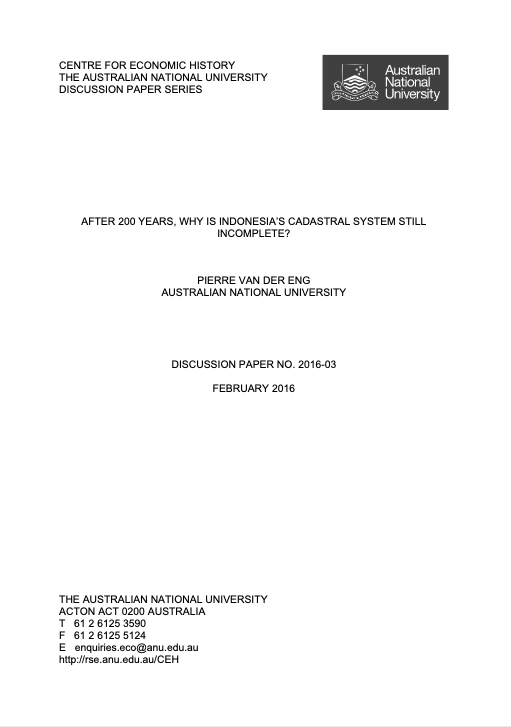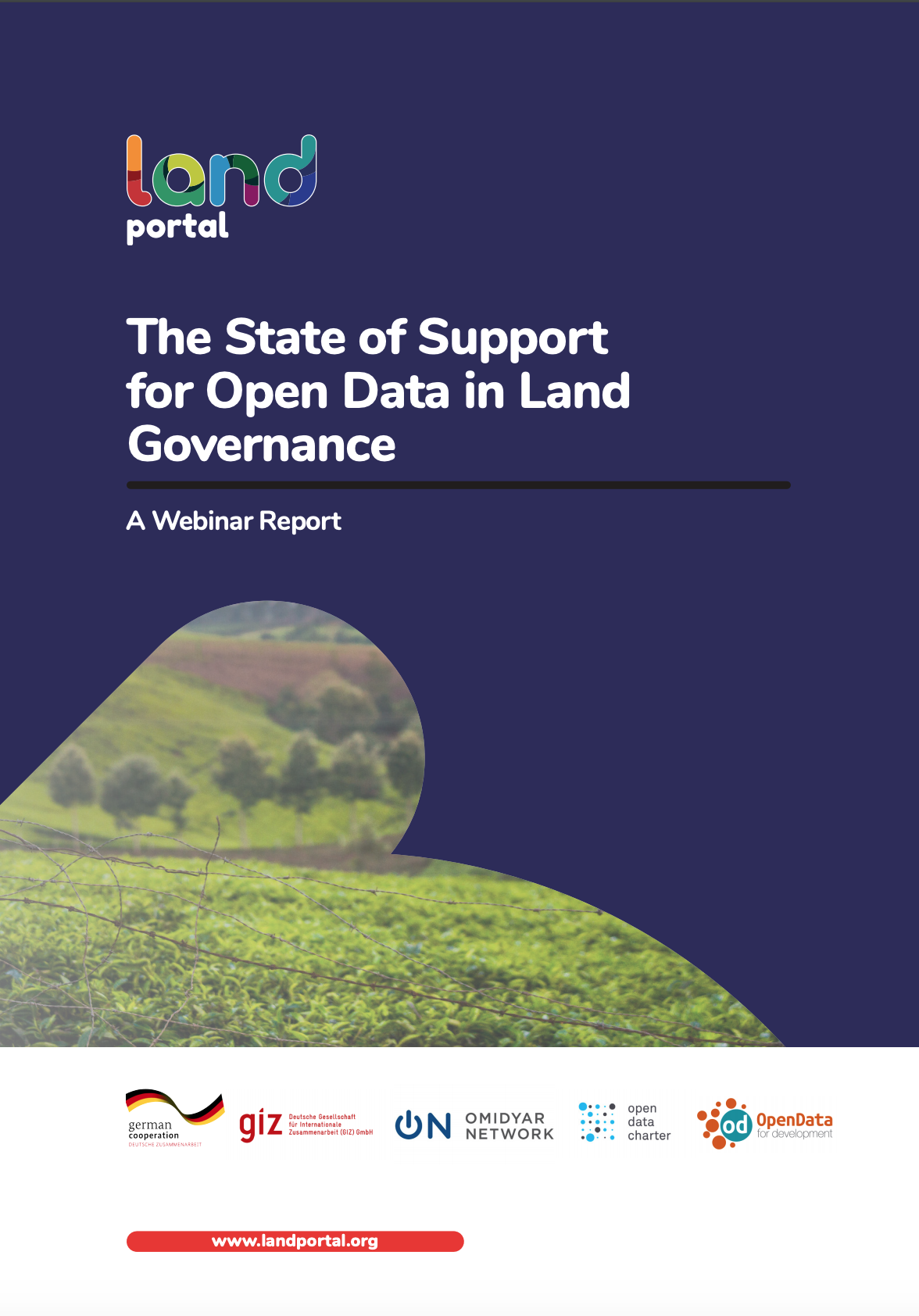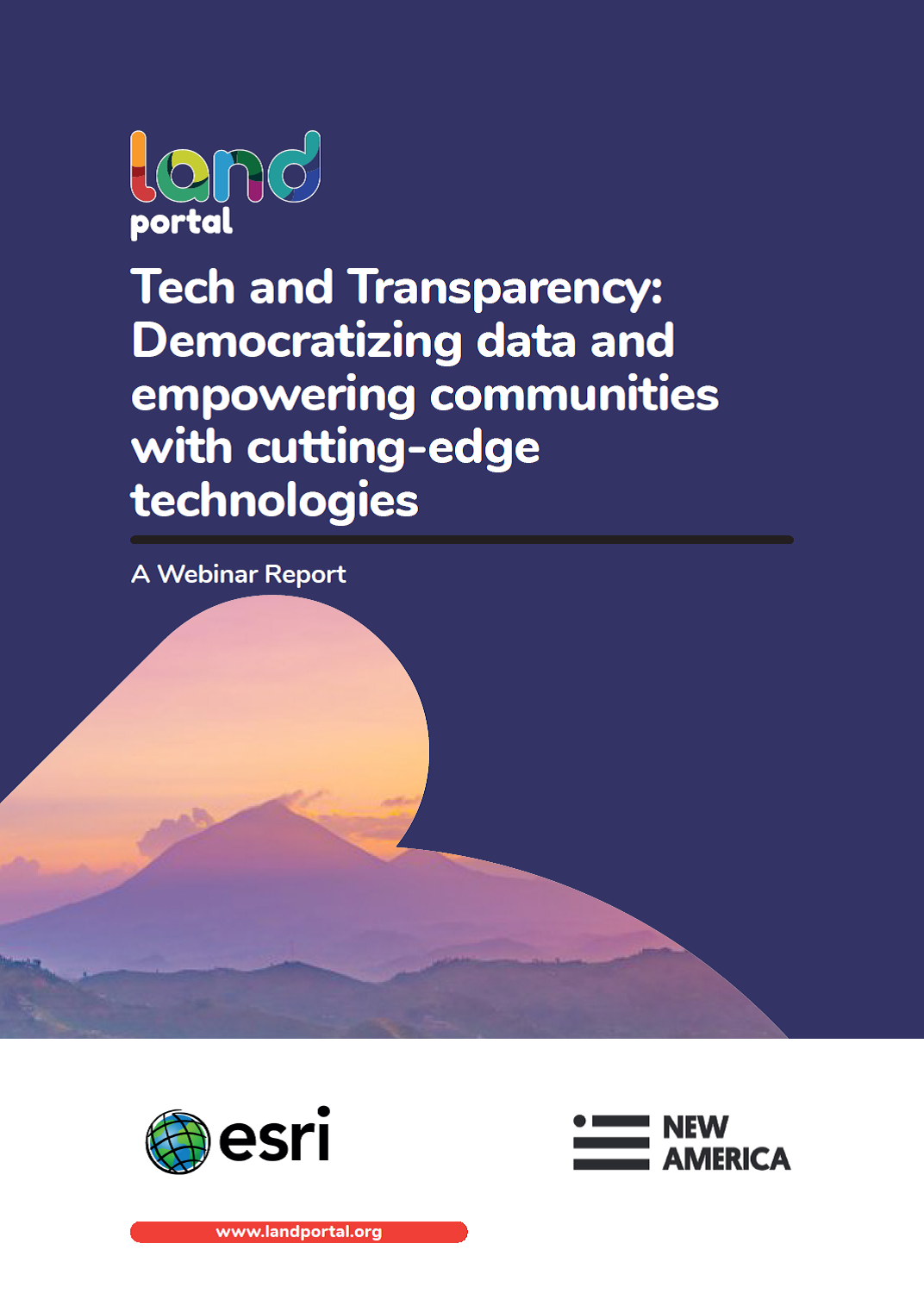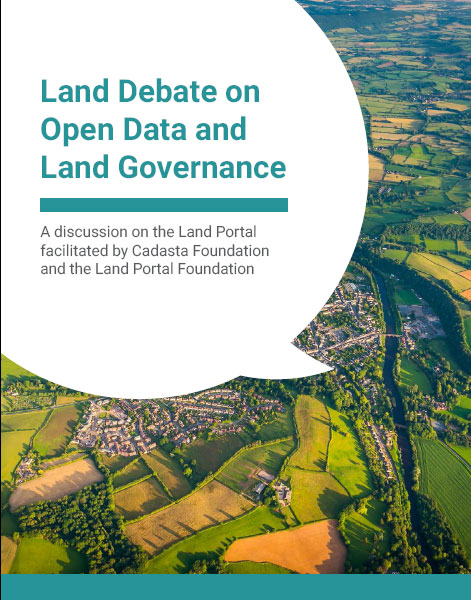Probleme cu privire la elaborarea sistemelor informatice specifice domeniilor de activitate din Republica Moldova
The purpose of this article is to analyze the state of the IT systems specific to different areas of activity in the Republic of Moldova, aiming at informational provision, permanent monitoring and facilitation of the decision-making processes for sustainable development. The technical, economic, legal, social, methodological aspects of the elaboration and implementation of the specific IT systems as subsystems for the recording and management of real estate are studied.

